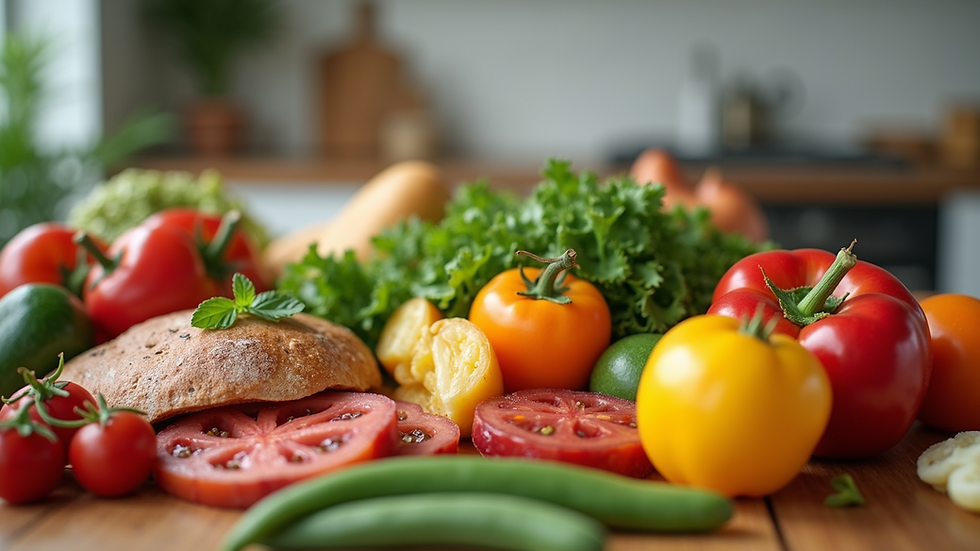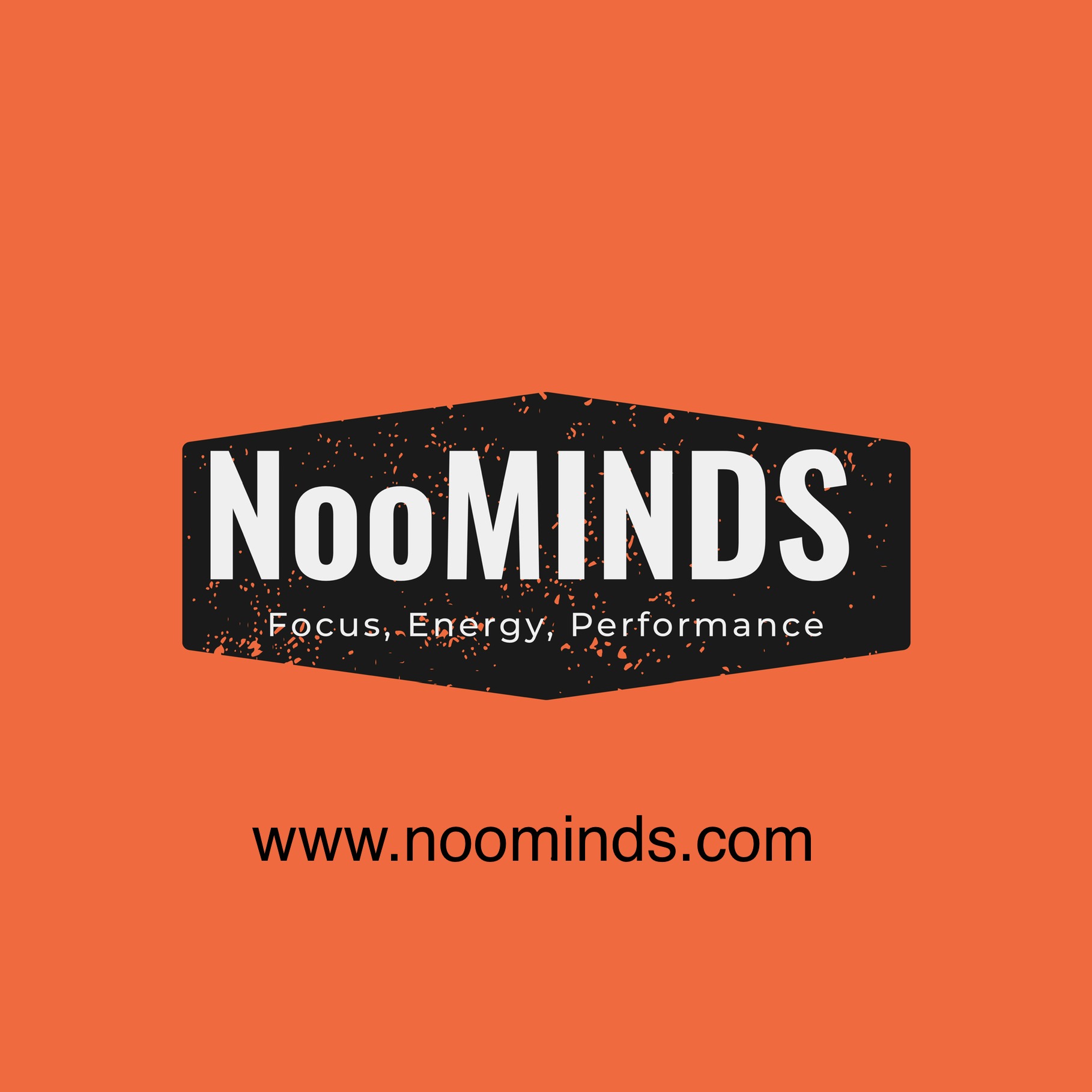How to Fuel Your Body for Long-Distance Events
- Craig Elliott
- Jul 1
- 4 min read
Preparing for long-distance events is not just about the physical training; nutrition plays a crucial role in your performance. It can make or break your race day experience. Proper fuel helps you maintain energy levels, enhances recovery, and ultimately leads to better performance. This blog post will delve into the essential components of endurance nutrition, provide practical tips, and discuss the best diets for endurance athletes.
Understanding Endurance Nutrition
Endurance nutrition is about understanding how to fuel your body effectively. When you're participating in activities like marathons, triathlons, or ultra-endurance races, your body requires a specific balance of macronutrients and micronutrients.
Macronutrients
Carbohydrates: They are the body's primary energy source, especially during endurance activities. Aim for complex carbs such as whole grains, fruits, and vegetables.
Proteins: Essential for muscle recovery and repair. Opt for lean proteins such as chicken, fish, beans, and legumes.
Fats: While fats are not the first source of energy, they are vital for long-duration events. Incorporate healthy fats like avocados and nuts into your diet.
Understanding your individual needs is crucial, as each athlete may have different tolerances and requirements.

The Importance of Hydration
Hydration cannot be overstated when discussing long-distance events. Dehydration can impair performance and have serious health consequences. Your body loses water through sweat and breathing, particularly during prolonged exercise.
Hydration Strategies
Pre-Event: Ensure you are well-hydrated before race day. Drink water consistently in the days leading up to your event.
During the Event: Drink fluids regularly to compensate for sweat loss. Electrolyte drinks can help replace lost minerals.
Post-Event: Rehydrate with water and electrolyte beverages to replenish your body.
These strategies will help maintain endurance and performance levels, preventing fatigue during crucial moments.

What Diet is Best for Endurance?
Choosing the right diet can influence your endurance levels. A well-planned diet helps ensure that you are physically prepared for the demands that long-distance events impose.
Recommended Foods
Grains and Starches: Brown rice, oatmeal, and whole grain bread provide lasting energy.
Fruits and Vegetables: Choose high-carb fruits like bananas for energy and antioxidants. Leafy greens and colorful veggies can aid recovery.
Lean Proteins: Chicken, turkey, tofu, and legumes give necessary protein without excessive fat.
Healthy Fats: Foods like quinoa and nuts provide density and energy that your body can use efficiently.
Additionally, timing meals around your workouts is crucial. Eating a carb-rich meal about three to four hours before your event can provide you with the necessary energy.
Supplements: Are They Necessary?
Supplements can vary in effectiveness and necessity. For many athletes, a well-rounded diet provides sufficient nutrients. However, there are a few supplements that may benefit long-distance athletes.
Common Supplements
Electrolyte Tablets: Help maintain hydration and prevent cramping.
Protein Powder: Convenient for post-workout recovery to boost protein intake.
Beta-Alanine: May enhance endurance performance.
Before adding any supplements, consult with a healthcare professional or nutritionist to assess your needs.
Fueling During the Event
During long-distance events, you cannot rely solely on what you consumed before the race. Energy must be replenished throughout the event.
In-Event Fueling Strategies
Sports Gels and Chews: Easy to transport and digest, providing quick energy.
Bananas or Energy Bars: Good sources of carbohydrates and potassium.
Water and Electrolyte Drinks: These will maintain hydration and electrolyte balance.
Determine a fueling strategy in training to know what works for your body. Testing energy sources during training can help you avoid GI distress on race day.

Recovery Post-Event
After completing your event, recovery nutrition is essential. Optimal recovery helps your muscles heal and prepares you for future workouts.
Recovery Foods
Protein-Rich Foods: Such as eggs, chicken, or plant-based options like lentils.
Carbohydrates: Whole grain toast or rice to replenish glycogen stores.
Hydration: Drink plenty of fluids, including water and electrolyte drinks.
Aim to refuel within 30 to 60 minutes after finishing your event. Research shows this is the most effective time frame for nutrient absorption.
Plan Ahead for Race Day
Preparation is key to successful endurance performance. Create a detailed nutrition plan that outlines meals and snacks on race day.
Tips for Race Day
Know Your Schedule: Timing your meals for optimal energy and digestion.
Pack Your Snacks: Ensure you have your preferred food options available.
Keep Hydrated: Make hydration a priority on race day.
By having a clear plan, you reduce the chance of making poor food choices under pressure.
Know Your Body's Needs
Everyone's nutritional needs are unique. Factors like age, gender, weight, fitness goals, and training intensity all play a role in determining how you should fuel your body. Keeping a food journal or working with a registered dietitian specialized in endurance athlete nutrition can help pinpoint what works best for you.
Personalize Your Nutrition
Take Note of What Works: Track your energy levels after different meals.
Adjust Accordingly: Modify your diet based on personal experiences.
Listen to Your Body: Everyone has different needs, learn to tune into yours.
Final Thoughts on Endurance Nutrition
Fueling your body for long-distance events is both an ongoing experiment and a crucial aspect of your training regimen. By understanding the intricacies of endurance nutrition, you can optimize your performance and enhance recovery. Remember to prioritize hydration, choose appropriate foods, test fueling strategies, and be prepared for race day. The goal is not just to finish the race but to do it in your best form.
By following these guidelines, you will manifest the energy and stamina needed for your long-distance events. Happy training and racing!




Comments